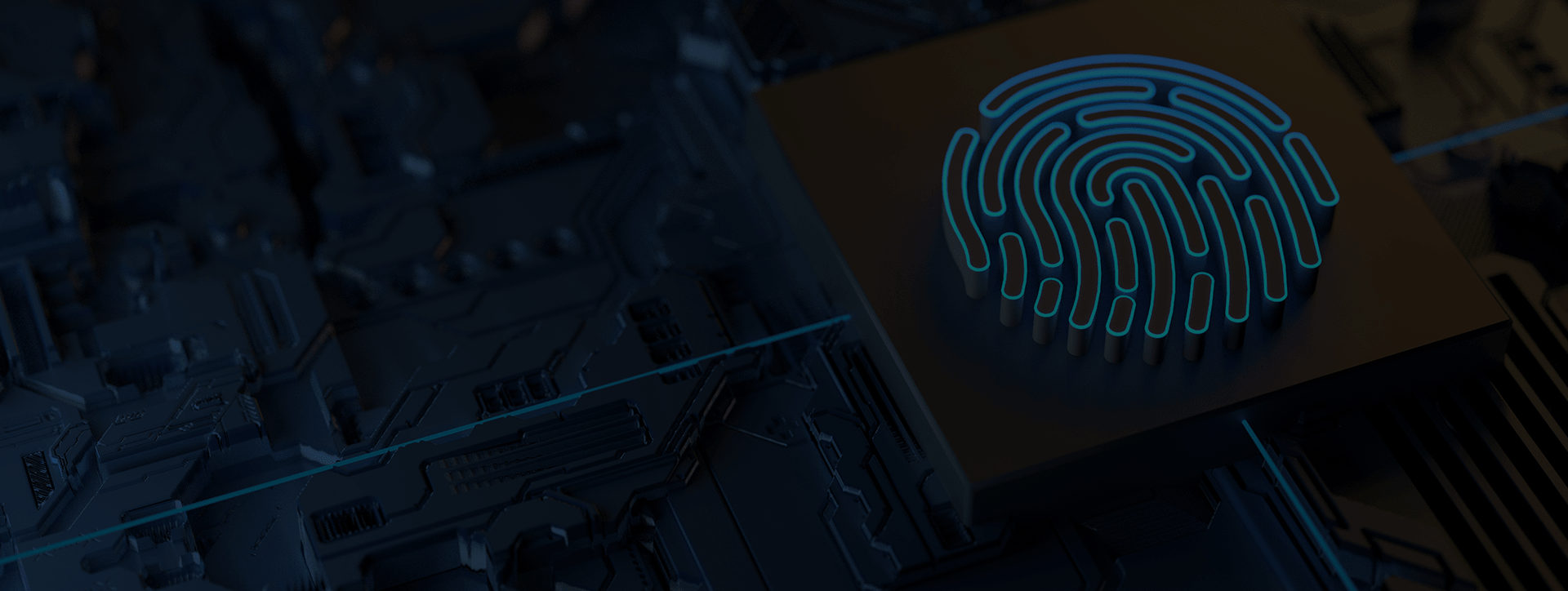Intelice Solutions: Blog

How serious is Your Company about Securing its Data?
This article will discuss data security at most companies. It will look at some of the biggest mistakes company makes when securing data and some possible solutions.
Today we use technology in almost every aspect of our lives. While that can be a good thing, there is a negative side to it. Anyone with the right technical know how can gain access to your company’s data, which they can use to destroy your business empire.
No matter the size of your company, you will need to create a plan that ensures all the data generated is secure. This plan is known as a security program. The program provides the framework that helps to keep the whole organization safe.
Some of the Biggest Mistakes that You Can Make in Securing Data:
- Lack of a System on Where to Store Important Data.
When a system is not in place on where sensitive data should be stored, it increases the chances of it ending up in an unsecured location. One way to solve this is if a company creates a policy that categorizes what type of data is considered sensitive.
- Cloud Misuse.
When a company stores data on the cloud, they are essentially storing their data on a hired computer. That means they have no control over it. If the data is of a sensitive nature, then it needs to be encrypted before being placed on the cloud. It is also important to understand the policy of the cloud services provider. It is especially so if you are required to share encryption keys with them.
- Failure to Protect from Internal Threats.
One of the best examples of this kind of leak was the “Snowden” leak. The issue of the leak was because of weak governance issues. For instance, in this leak, the person managed to copy many gigabytes of data without any hindrance. Organizations need to be careful about giving employees access to data when they do not need it.
To fight off any chances of internal leaks, an organization needs to address the insider threats with appropriate controls. The controls need to be able to identify the damage and tell how much data has been stolen.
- Trusting Technology.
One of the biggest mistakes a company can make is to have faith in its technology. It is important to note that as you work to improve security, hackers are also working. They are designing new and creative ways on how to get past your security. It is thus important that you have experts who conduct regular tests on your system. That way, they can help identify any potential leaks before they occur.
- Failing to Invest Enough in Data Security.
When a business faces a data security challenge, it will most times look for a one size fits all solution. In such a case, the company may end spending too little to protect the data effectively. However, a business has to be willing to go further than this. It has to look for the most secure means of keeping its data secure.
- Failure to Protect Physical Devices.
One of the easiest ways to hack a network is by using a device that is already accepted into the system. However, some organizations do not have measures in place to deal with the loss of physical devices. A good organization should have a mechanism that ensures stolen devices can no longer be allowed to access the system.
- Failing to Take Care of the Human Factor.
An organization will spend a lot of money implementing the most complex security measures. However, most organizations drop the ball when handling the human factor. The staff is not well-trained on how to stay secure. There needs to be a training program for both new and existing employees. As changes are made to the security program, employees need to receive additional training.
Some of the most important Tips to Stay Secure.
If these measures are not being implemented at your organization, you need to start implementing them if you want to stay safe.
1. Make Use of Strong Passwords.
One of the easiest ways of keeping your organization secure is by implementing a strong password. Ensure that everyone who has access to your network makes use of a strong password. Use a combination of all character types on your keyboard for the best password. You should also ensure that your password is at least 8 characters long.
Never use any personal data as your password. Additionally, avoid using variations of personal data to create your password. Besides that, ensure that you change your password after every 90 days. It is also important everyone to have his or her own password and username. Having a generic password for everyone is dangerous.
2. Make Regular Software Updates.
Another simple but effective measure to keep your data safe is to keep all programs updated often. There is little use in installing the latest software if you will not make regular updates to it. Data is only as safe as the most recent updates to the system.
3. Encrypt Portable Devices.
Portable devices such as laptops are quite easy to steal. It is thus important that you take the extra step to ensure they are safe, even when stolen. One of the easiest measures to keep them safe is to encrypt them. The encryption software will make data on your hard drive unreachable unless they have a password.
4. Make Regular Backups.
Ensure that all company data is backed up to a secure offsite storage facility. Thus, even when your systems are compromised, your data will still be secure. The general rule of thumb is that backups should happen once a week. Getting data corrupted is painful but failing to have a backup can be even more painful.
Conclusion.
When creating any security measures, the top leadership must lead by example. They must be willing to spend money on programs that help to educate employees. It is important to note that data security is an ongoing process that will require regular revisions.




